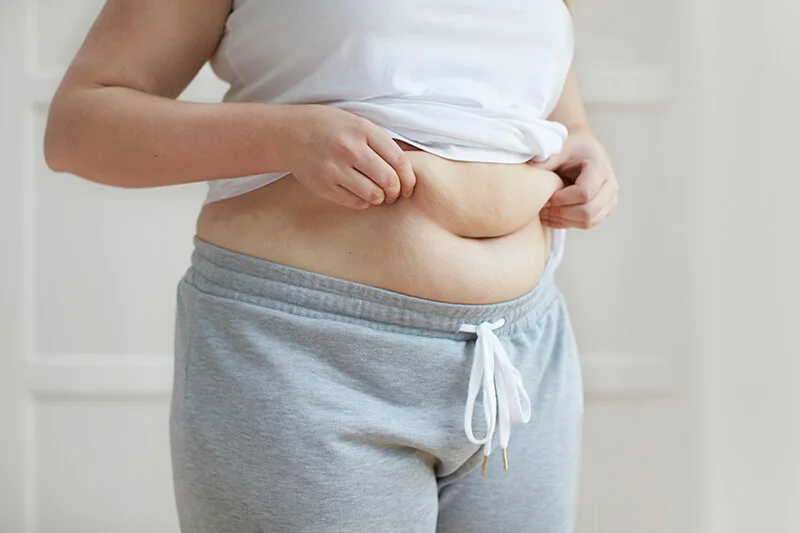One of the biggest problems experienced after obesity surgery is nausea. There are several main causes of nausea. The most important of these is to force the stomach, which has a small volume, with more food than it can take. Therefore, eating and drinking should be stopped as soon as saturation is felt.
Another factor that can cause nausea after a gastric sleeve surgery is eating food quickly and swallowing it without chewing it very much. Behaviours such as eating more than necessary, eating fast and swallowing without chewing much are frequently seen in people who have undergone or will undergo a gastric sleeve surgery. Making changes in such wrong dietary behaviours after a obesity surgery is very important to prevent nausea after a gastric sleeve surgery. The frequency of nausea decreases as postoperative recovery progresses. However, as long as the mistakes made in nutrition continue, nausea may continue to be experienced.
The “nutrition plan after the obesity surgery” planned in accordance with the recovery process after a gastric sleeve surgery should be carefully explained to you by your dietician. If you experience a feeling of indigestion due to the food eaten according to the planned diet, you may complain of nausea. In case of nausea, food intake should be stopped for the first 2 hours. If relief is felt, only liquid food should be consumed on the same day (water, sugar-free compote or apple juice without additives). The food that causes nausea should not be consumed for 1 week and then it should be tried again.
Nausea after a gastric sleeve surgery may cause weakness, fatigue, dehydration, drowsiness and pain and cramps due to retching. In such a case, it would be best to contact your dietician and bariatric surgeon. It is very important that your surgical team follows you closely in this regard.




